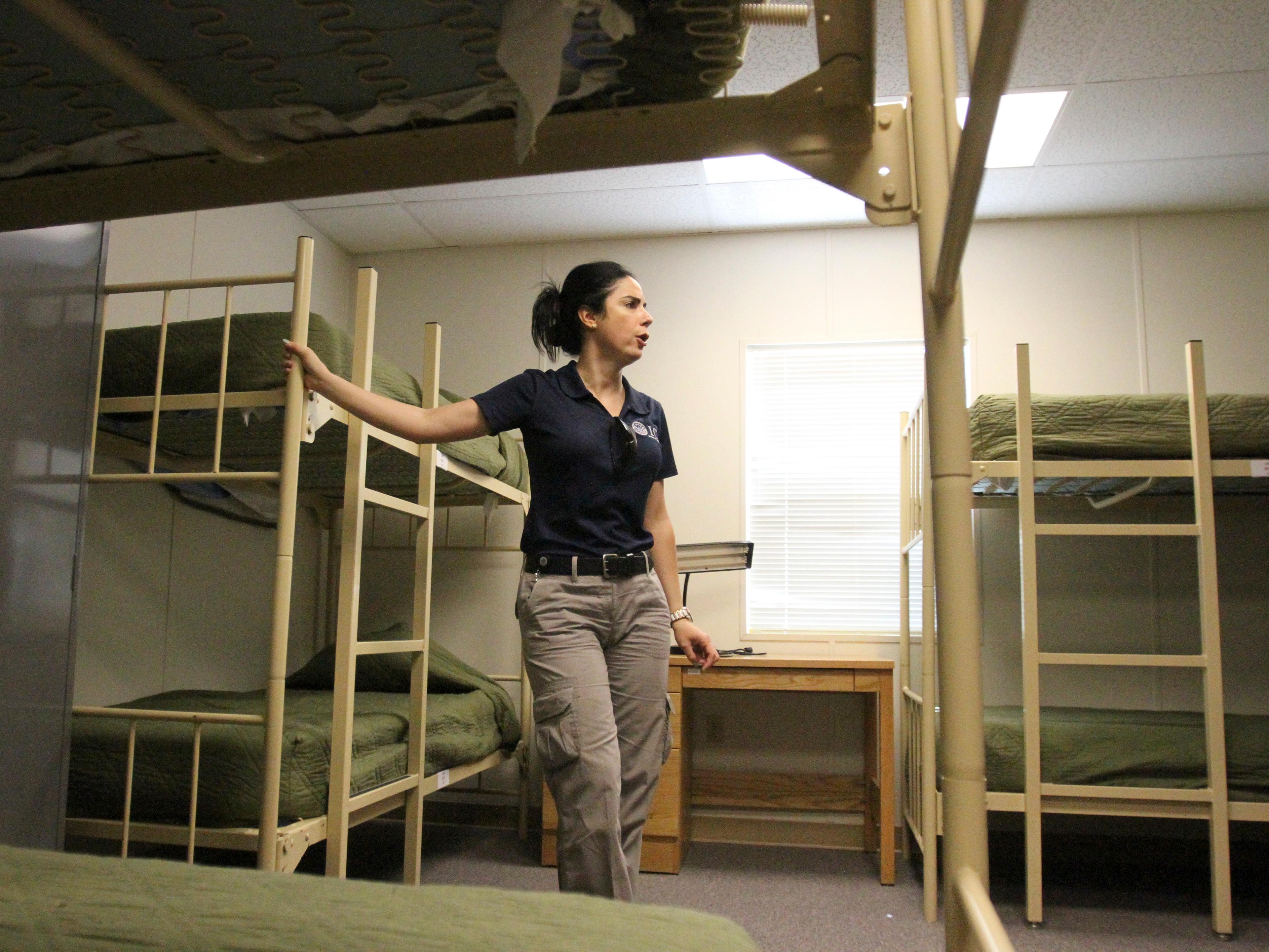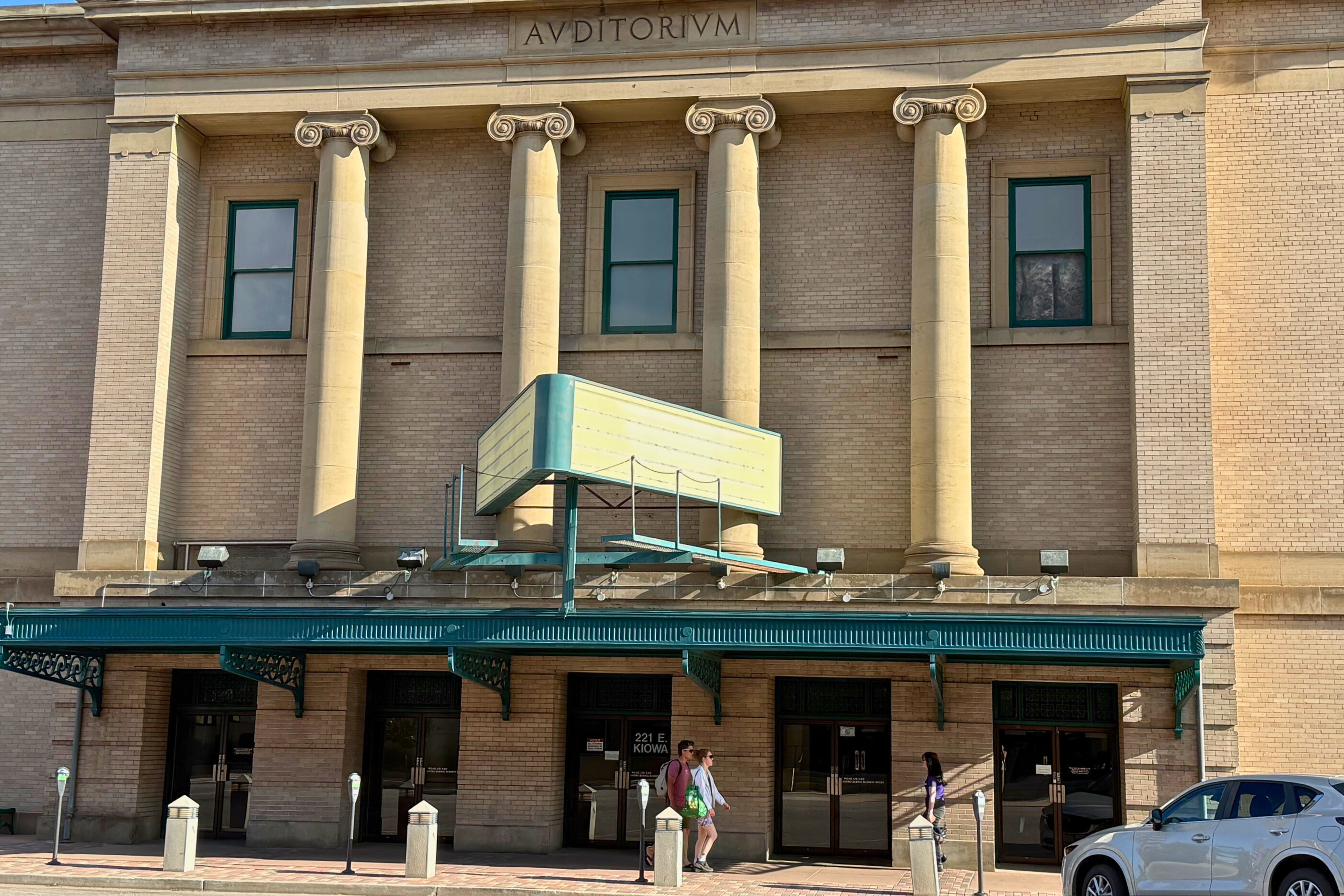
In the remote desert town of Artesia, N.M., about 500 women and children are living in trailers, waiting to learn if they will be deported.
The U.S. government set up this detention facility -- and one other, in Texas -- over the summer, to house recent border crossers as part of the Obama Administration’s efforts to "secure the border.”
It is a departure from how the administration previously handled migrants, like the women and children now living at the Artesia facility. Some of the detainees fled violence in their home country, and advocates say they are eligible for asylum in the U.S. but aren't being given a fair chance to get it. As a result, a group of immigration lawyers, including several from Colorado, is volunteering at Artesia to help detainees fight for their release.
Before this summer, the federal government most often allowed migrants from Central America to continue into the United States with the understanding that they would later show up for removal hearings, sometimes by using ankle bracelets or telephone check-ins, according to Reuters.
But, in a press release earlier this summer, Homeland Security Secretary Jeh Johnson says, “Our message is clear. If you come to this country illegally, we will send you back - consistent with our laws and values."
“This facility demonstrates our commitment to building additional capacity to do this quickly, safely and humanely," he adds of Artesia.
CPR News' "Colorado Matters" requested an interview with federal immigration authorities, but no one was made available.
About a month after the Artesia facility opened in June, a group of American attorneys started visiting. They are volunteering to represent detained women and their children.
Shelley Wittevrongel, an immigration attorney and former Catholic nun who lives in Boulder, was the first attorney to volunteer. Wittevrongel says she thinks many of the detainees at Artesia are refugees who deserve to be granted asylum in the U.S.
"Many of these women... have experienced violence -- sexual violence, physical violence -- to themselves [or] to their children, or have serious threats of this kind of violence," she says.
Detainees are entitled to have an attorney present for interviews and hearings with immigration authorities, Wittevrongel says, but, "Artesia is an eight-hour round trip drive from Albuquerque," adding," in the town of Artesia, there are no immigration attorneys."
She says more than a dozen Colorado lawyers have volunteered at Artesia, and twice as many are helping out remotely, doing research and writing briefs.
Wittevrongel says the group will continue to offer help to detainees at Artesia until the detention center is closed. That likely will not happen soon, according to a recent report by The Associated Press. But immigration advocates have sued the federal government, claiming it is violating detainees' basic rights.
The lawsuit claims detainees are being rushed through the asylum-seeking process, diminishing opportunities legally afforded to them to get legal status in the U.S. The Department of Homeland Security will not comment on pending litigation, but told reporters that the facilities are, “both humane and lawful.”
The federal government soon plans to open another facility, the largest one yet, in Texas.









